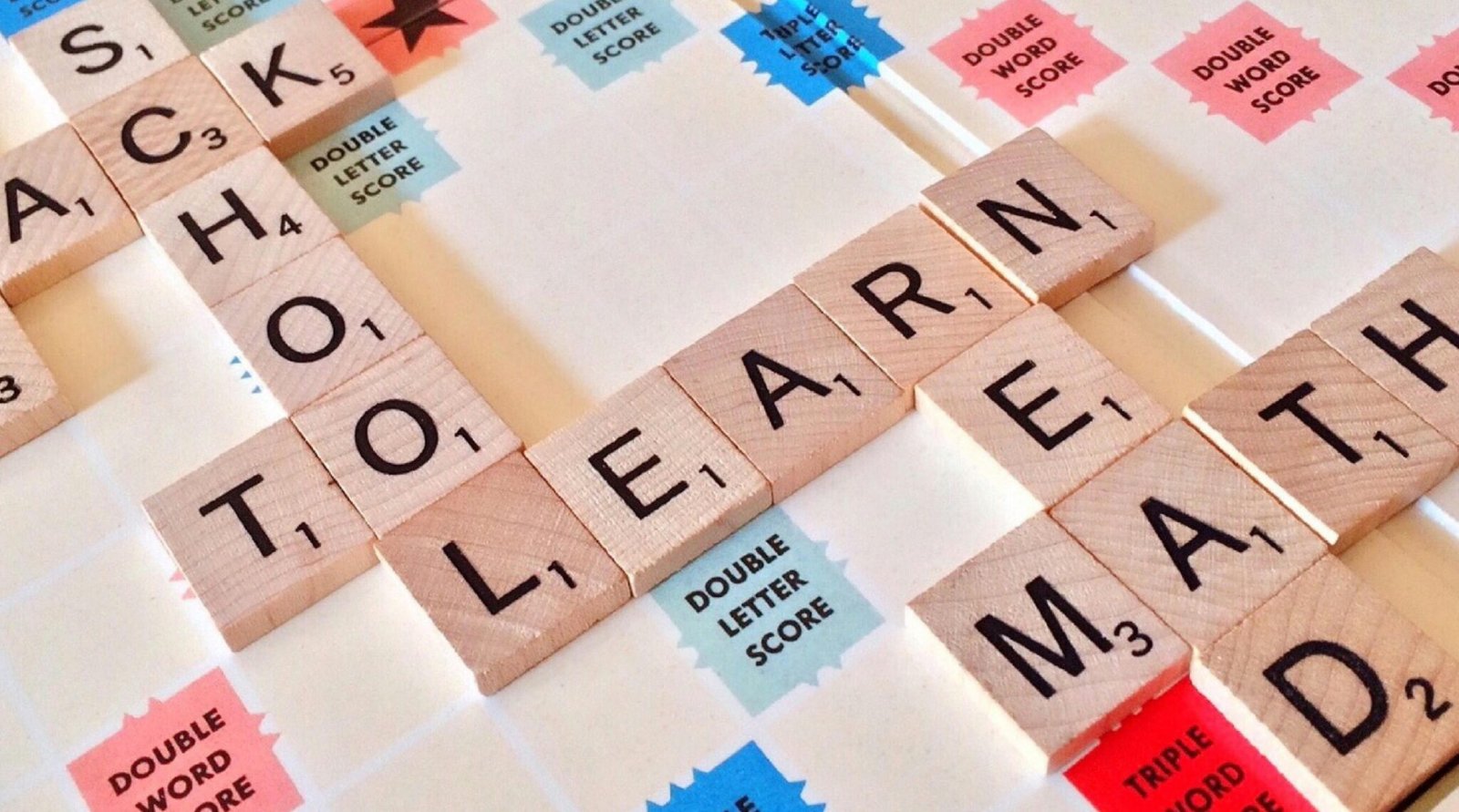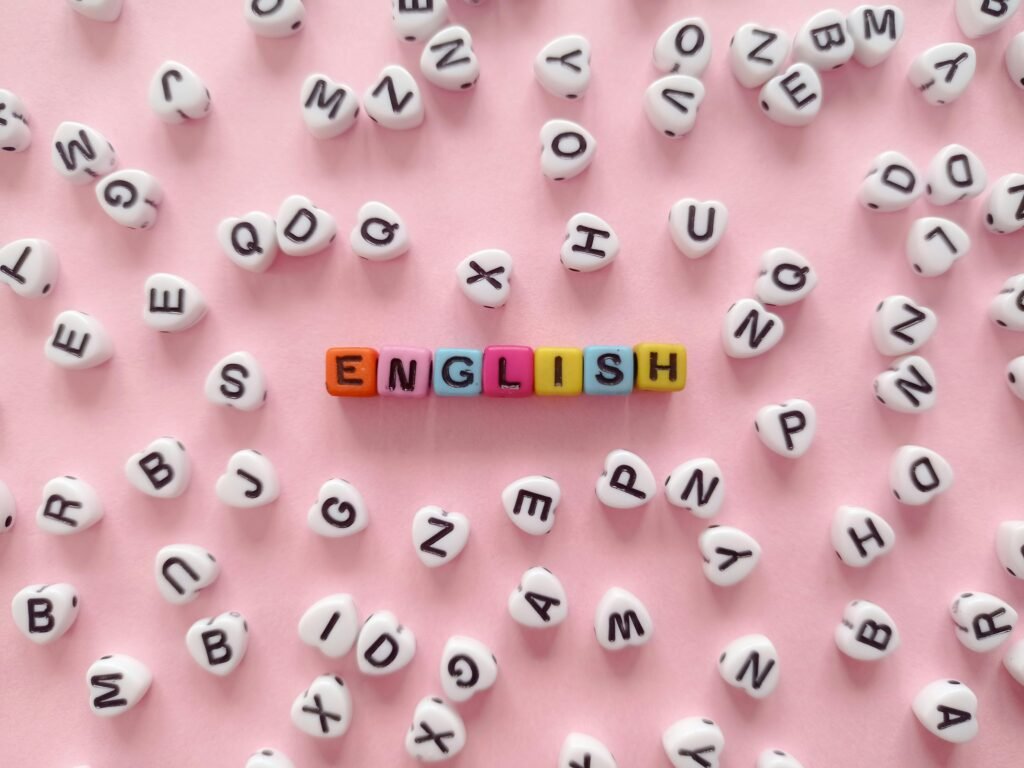Importance of Vocabulary
Vocabulary plays a crucial role in the IELTS test for several reasons:
Communication Skills: A rich vocabulary enables test-takers to express themselves effectively and precisely, which is essential for both the speaking and writing modules of the IELTS exam.
Understanding: In the reading and listening modules, a wide vocabulary aids in comprehending a variety of topics and contexts, including academic texts and recordings.
Scoring: In both writing and speaking, vocabulary range and accuracy are two of the four criteria used for assessment. Having a diverse vocabulary and using it accurately can significantly boost your score.

Flexibility: A broad vocabulary allows test-takers to adapt their language to different situations and topics, which is essential for performing well across all sections of the exam.
Avoiding Repetition: Using a varied vocabulary helps candidates avoid repetition, which can make their responses more engaging and interesting for the examiner.
Contextual Understanding: A good vocabulary enables candidates to understand nuanced meanings and subtleties in texts and spoken passages, enhancing their overall comprehension skills.
Confidence: Having a strong vocabulary can increase confidence during the exam, as candidates feel more equipped to handle a wide range of questions and tasks.
Overall, a solid vocabulary foundation is essential for success in the IELTS exam, as it underpins all aspects of language proficiency tested in the assessment.

IELTS Writing Vocabulary for linking structures and cohesive devices
- Listening
Firstly, secondly, thirdly
First, furthermore, finally
To begin with, to conclude
Next, upcoming, following
- Similarly
equally
likewise
correspondingly
in the same way
uniformly
in parallel
comparably
- Giving examples
for example
for instance
as follows
that is
in this case
namely
in other words
in particular
such as
viz - Deduction
then
in other words
in that case
otherwise
this implies that
if so/not
withdrawal
removal
debit
- Generalising
in general
generally
on the whole
as a rule
for the most part
in most cases
usually
normally
all in all
overall
basically
substantially
broadly
by and large
- Reinforcement
Also
In addition to
Moreover
What is more
Besides
In spite of
Despite
Above all
As well as
In the same way
Into the bargain
On top of that
What’s more
Not only …. but also
- Result/consequence
so
therefore
as a
result/consequence
thus
hence
for this/that reason
accordingly
consequently
so that
in that case
under these circumstances
that being the case
on that account
as a result
- Highlighting
emphasise
in particular
especially
mainly spotlight
underscore
show up
- An alternative
alternatively
rather
on the other hand
but
nevertheless
another possibility is
proxy
substitute
replacement
- Reformulation
in other words
rather
to put it more simply
quite
fairly
slightly
moderately
relatively
comparatively
- Transition to new point
now
later
as far as X is concerned
with regards to
with reference to
as for
it follows that
turning to
at present
at the moment
currently
- Stating the obvious
obviously
clearly
naturally
of course
as can be expected
surely
after all
evidently
visibly
noticeably
undeniably
- Summary
in conclusion
to conclude
in brief
to summarise
overall
therefore
consequently
as a consequence
hence
on that account
according to
- Contrast
instead
conversely
on the contrary
in contrast
in comparison
difference
variation
contradiction
dissimilarity
- Concession (smth unexpected)
even though
although
though
however
nevertheless
still yet
nonetheless
anyway
any how
Vocabulary For IELTS Writing Essay

Expressing personal opinions:
• In my opinion
• Personally, I think that
• It seems to me that
• I must admit that
• I believe/suppose that
• In my experience
• As I see it
• I cannot deny that
• As far as I’m concerned,
• I would argue that
• I would like to point out that
• I think that
• I’d like to say that
Expressing strong opinions:
• I am sure that
• I am convinced that
• I am certain that
• I am clear that
Example: I am sure that climate change has started to affect the Earth
Providing your arguments:
• To attest
• To prove
• This (fact) is attested/proven by
• This (fact) is evidenced by
• This (fact) is testified by
• This (fact) is endorsed/supported by
Example: It is evident that students get distracted easily by today’s technology.
Expressing general point of view:
• It is (generally) claimed that
• It is (generally) said that
• It is (generally) thought that
• It is (generally) considered that
• It is (generally) perceived that
• A common purpose is that
• A popular belief is that
Example: It is generally believed that household chores are meant for women, which is wrong.
Outlining facts:
• The fact is that
• It is obvious that
• It is clear that
• There is no doubt that
• This proves that
Example: It is obvious that fashionable clothes are expensive.
It is generally believed that household chores are meant for women, which is wrong.
Generalising:
• Generally speaking,
• On the whole,
• Typically,
• By and large
• Overall
Example: Generally speaking, cycling is a good sport.
Giving examples:
• For example,
• For instance,
• A good illustration of this is
• Evidence for this is provided by
• We can see this when
• Namely
• Such as
Example: To learn a new skill you need consistency. For instance, when you read a newspaper
everyday, you will learn English quicker.
Concluding:
• To summarize,
• In conclusion,
• Overall,
• On balance,
• Taking everything into consideration
Example: In conclusion, people must save money for their future.

Vocabulary to write letters (Formal/Informal/Semi-formal)
1. Formal letter
How to start the letter?
If you don’t know the receiver’s name, then write:
Dear Madam ….
Dear Sir ….
Dear Sir/Madam ….
If you know the receiver’s name, then write:
Dear Mr Antony ….
Dear Mrs Antony ….
Dear Miss Antony ….
Dear Ms Antony ….
How to end the letter?
If you don’t know the receiver’s name, then write:
Yours faithfully
If you know the receiver’s name, then write:
Yours sincerely
2. Semi-formal letter
When you write to your friend or colleague:
Dear Sam …. Best wishes/Best regards
Dear Sam …. Many thanks
3. Informal letter
When you are writing to a friend or colleague:
Hello John …. Best wishes
Hi John …. See you / Missing you / Love you
When you are writing to someone you love:
Dear Sakshi … Your always / Lots of love
Letter Openings
In a letter opening, you must:
• Introduce yourself
• State the purpose
Letter Closing
In a letter closing you need to offer help, suggest something, request for apology, etc.
Letter Openings – Example of Formal and Informal Letters
Examples of formal letter:
• I am writing to request ….
• I am writing to explain why ….
• I am writing to complain about ….
• After having received your address from …. , I ….
• In response to your letter of 13 January, ….
• I am writing to enquire about you ….
• I am writing to express interest in ….
• After seeing your advertisement in …. , I would like to ….
• With reference to your email, I am writing this letter ….
• Thank you for your reply regarding/about ….
• Thank you for accepting our invitation ….
Examples of informal letter:
• Hey! My name is Juan and I’m working as a carpenter ….
• Hello, my name is Manasa and I’m volunteering for social services ….
• Hi there, I hope you’re doing well. It’s been two years since we met ….
• Hi, thanks for asking me out, I’m glad to come with you this weekend ….
Letter Closing – Example of Formal and Informal Letters
Examples of formal letter:
• I look forward to meeting you.
• I would like to express my gratitude for ….
• Once again, I apologise for the inconvenience.
• I am looking forward to your reply.
• If you require any further information, feel free to contact me.
• Thanks in advance!
• Thank you for your assistance.
• In case you need any support, please let us know.
Examples of informal letter:
• Anyway I’ve got to leave now. Just call or text me if you need any more information.
• Well, let me stop here. I am eagerly waiting for your response to this letter.
• Okay then. We will catch up this week hopefully. Don’t forget to call me, bye!
